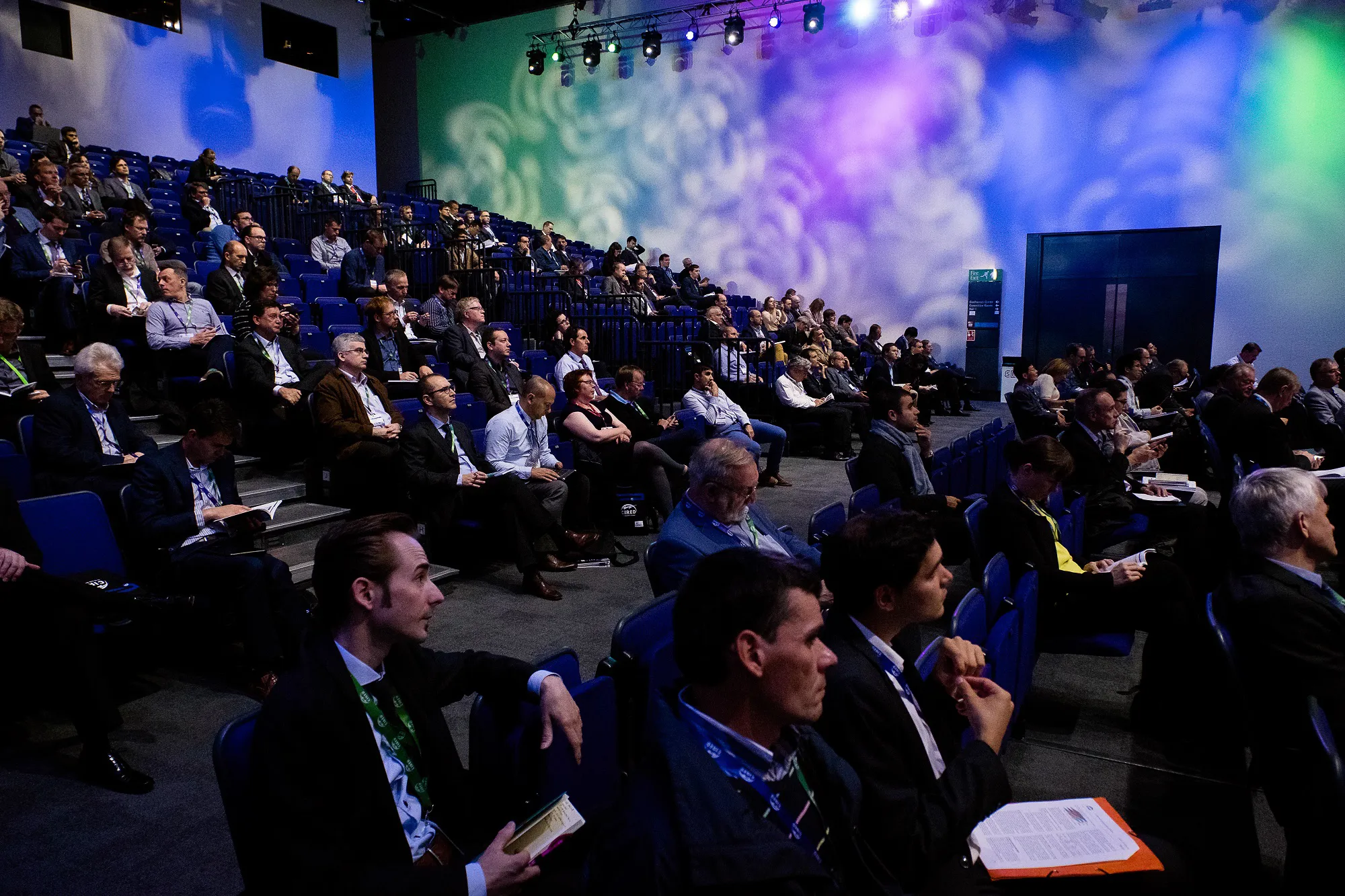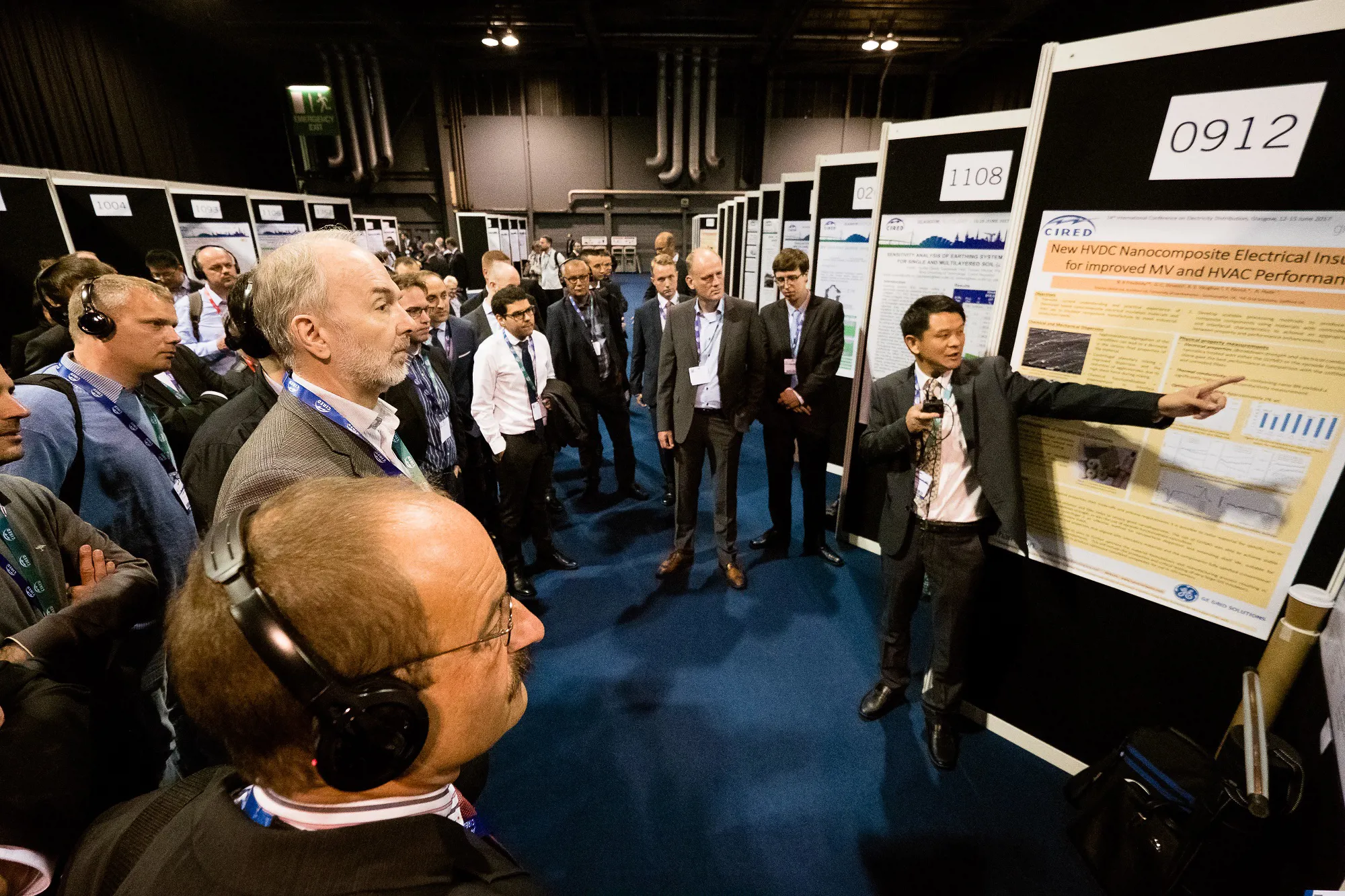CIRED is one of the most important conferences for electricity distribution, attracting 1,600 attendees and 3,000 exhibition visitors. It is held every two years in a major city in Europe.
In order to avoid a major overlap between the existing conferences, it was decided to hold a conference every two years, under the name of CIRED. Originally alternating between the UK and Belgium, as CIRED has grown in size and importance, the conference now visits a different European location every two years.
From 2008, CIRED Workshops have been held in the years in between the conferences, focusing on a particular topic within electricity distribution.
Conference name
The acronym 'CIRED' is derived from Congrès International des Réseaux Electriques de Distribution, in English International Conference on Electricity Distribution. Since April 2021, CIRED has been established as an international not-for-profit Association.
Who attends CIRED?
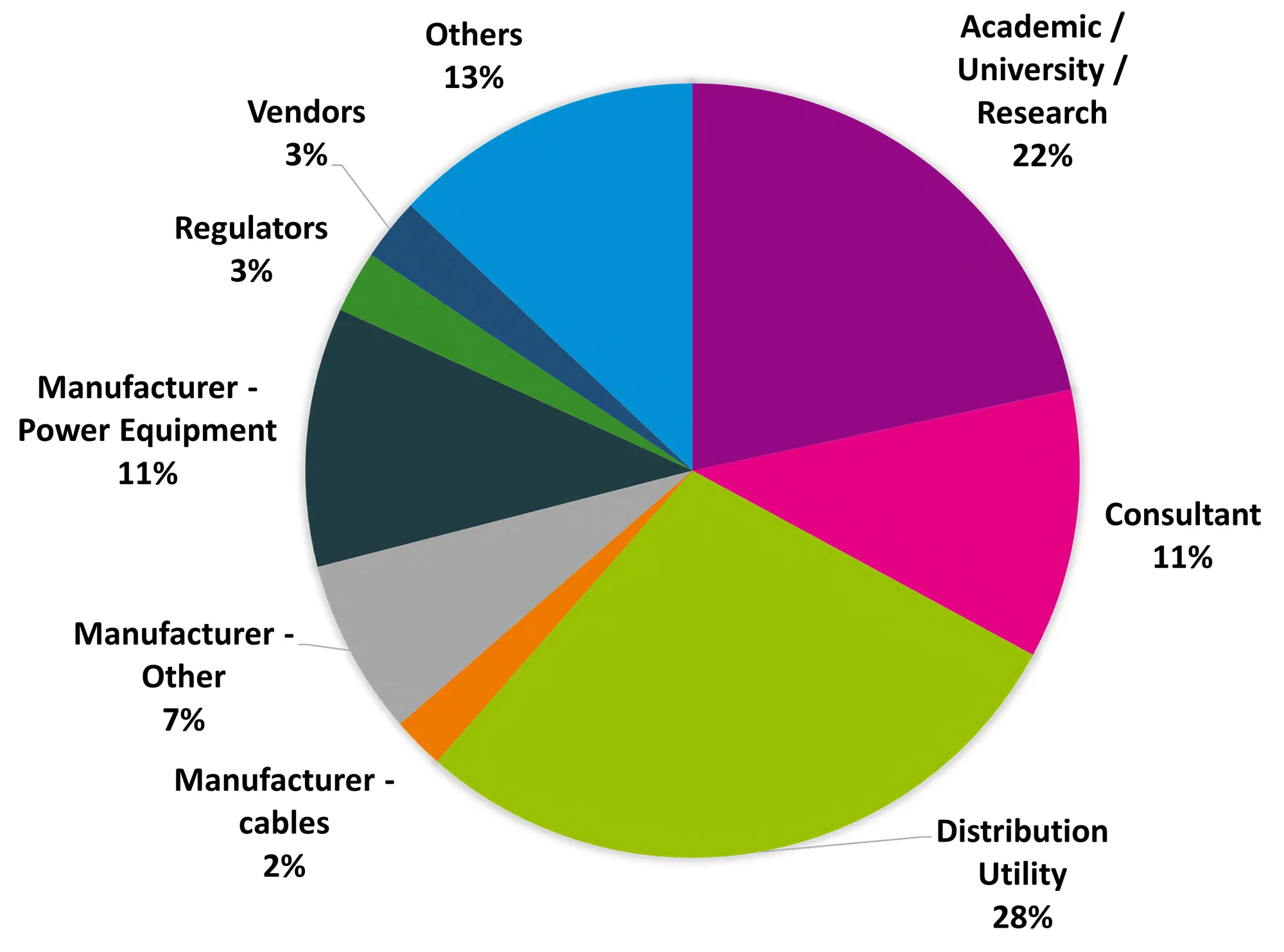
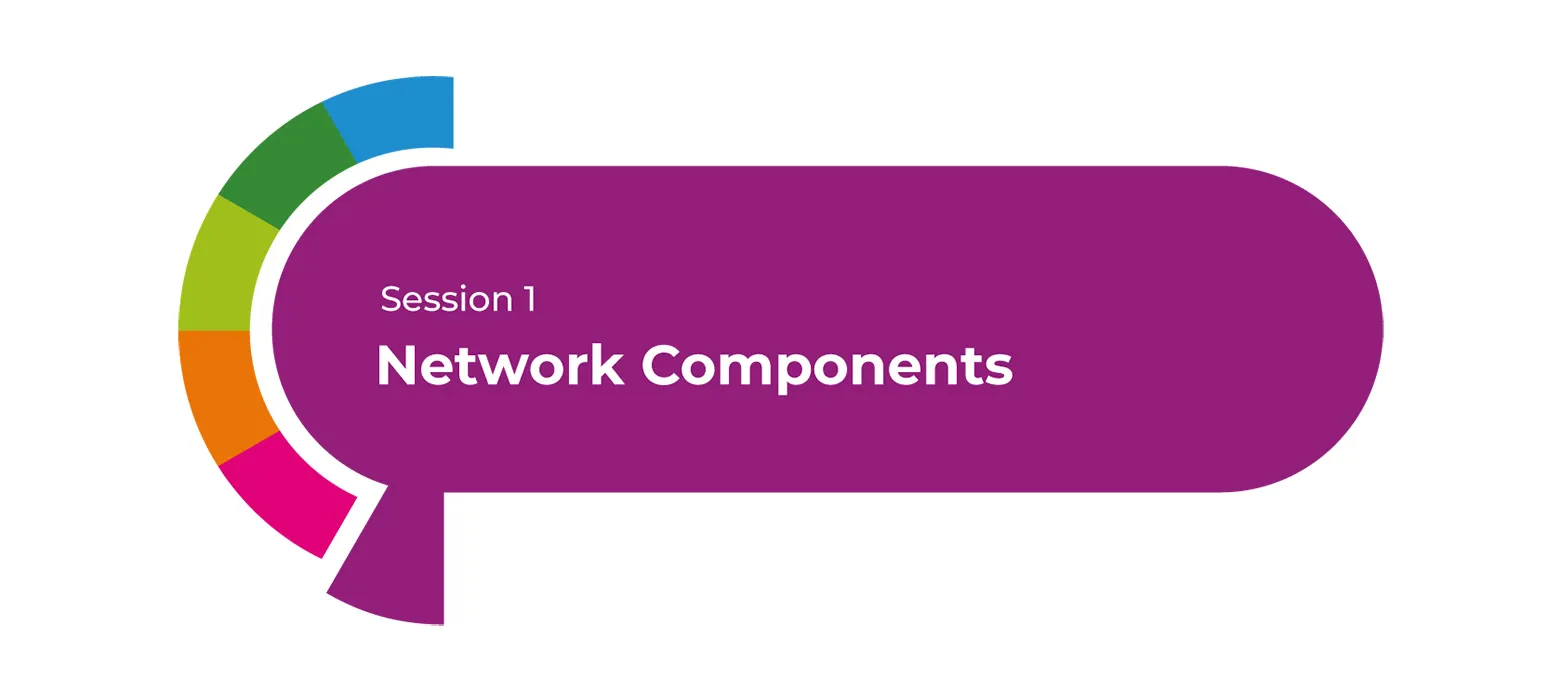
SESSION 1: Network Components
- Components for smart distribution grids
- Component reliability, diagnosis and maintenance strategy
- Components for large cities distribution networks
- Towards“greener components”
- Innovation in the design of components.
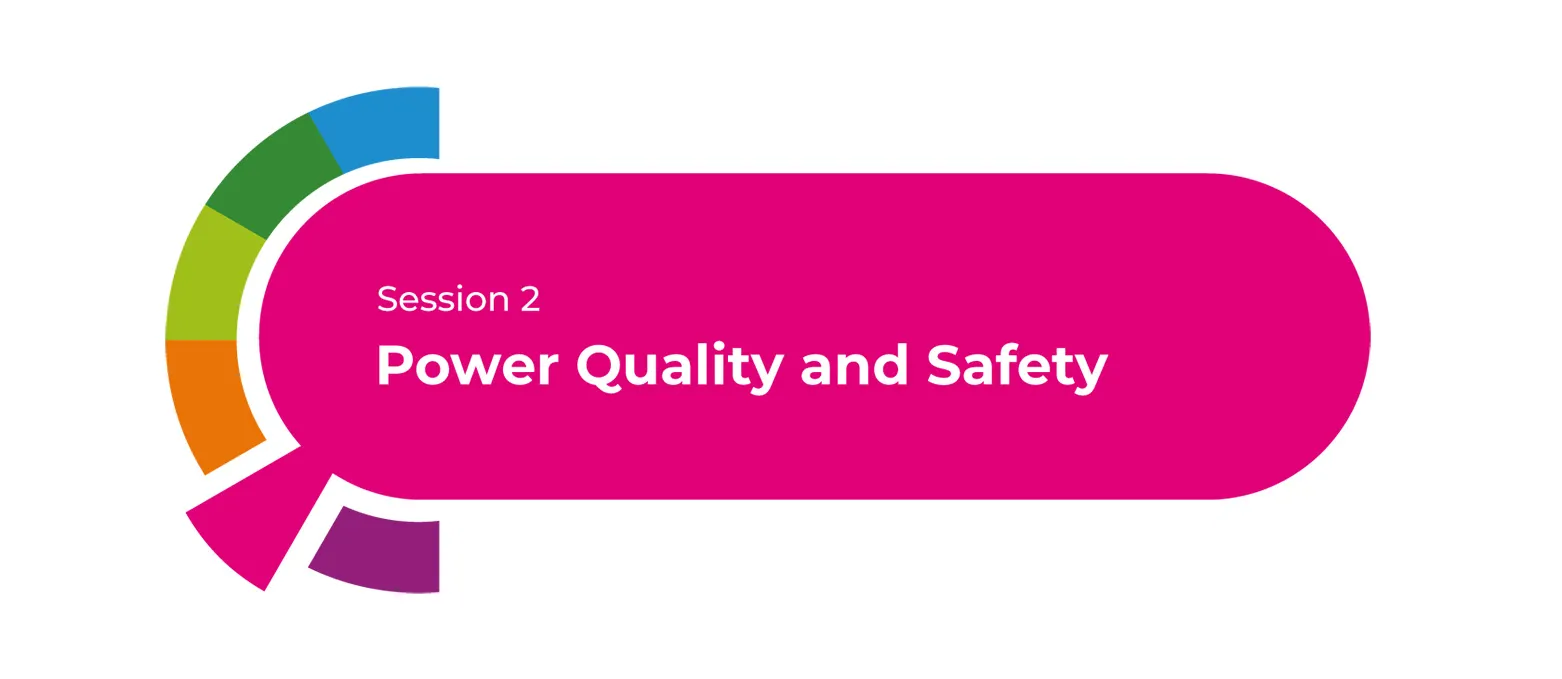
SESSION 2: Power Quality and Safety
- PQ related to modern technologies
- PQ measurement, analysis and system monitoring
- Continuity of supply, PQ standards and regulatory issues
- Electric and magnetic fields, immunity and safety issues
- PQ issues at the interface between distribution and transmission grids.
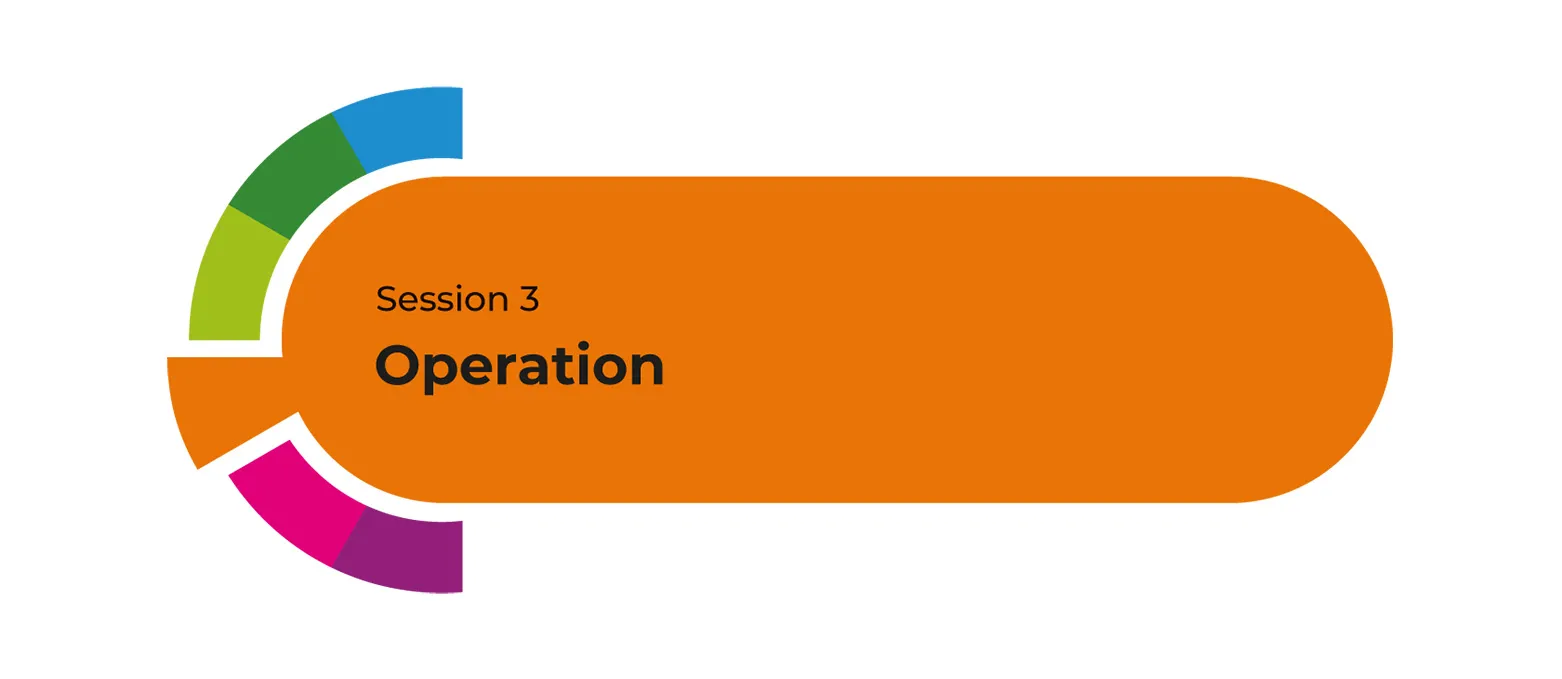
SESSION 3: Operation
- Strategies and Management
- Operation Centre
- Operation in the Field
- New Use Cases and Special Applications.
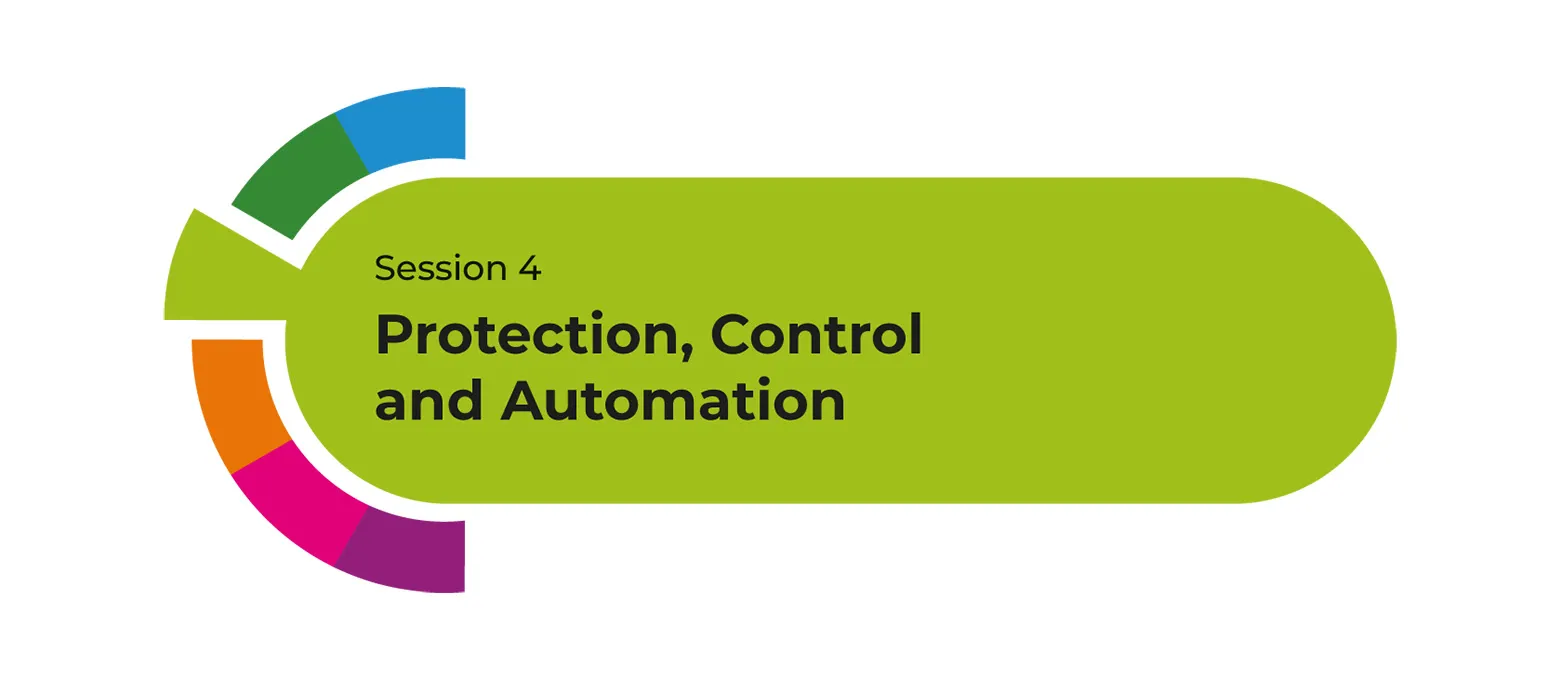
SESSION 4: Protection, Control and Automation
- Protection
- Control and Monitoring
- Communication and IT-Security
- Automation.
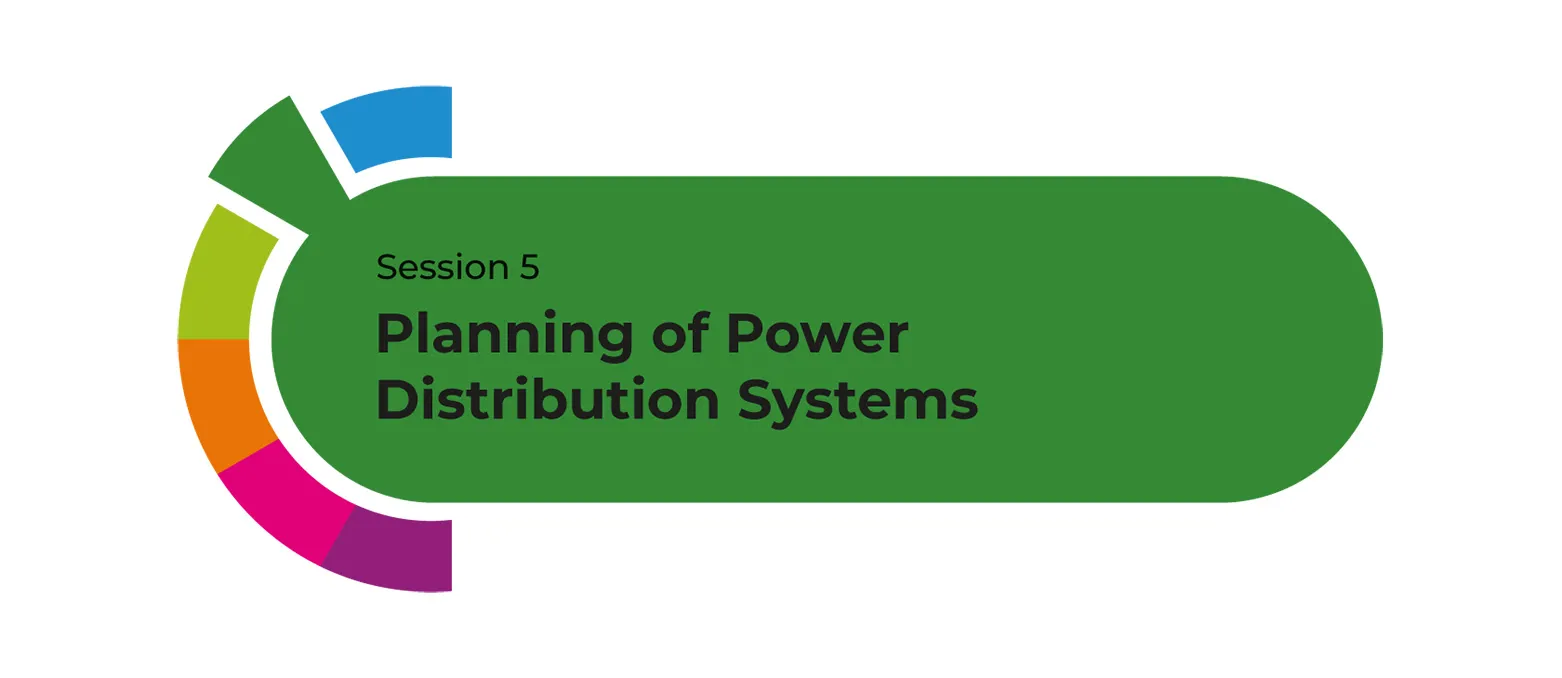
SESSION 5: Planning of Power Distribution Systems
- Demand and generation forecast
- Performance requirements, results, and benchmarking
- Network schemes and design criteria
- Network planning
- Investment strategies.
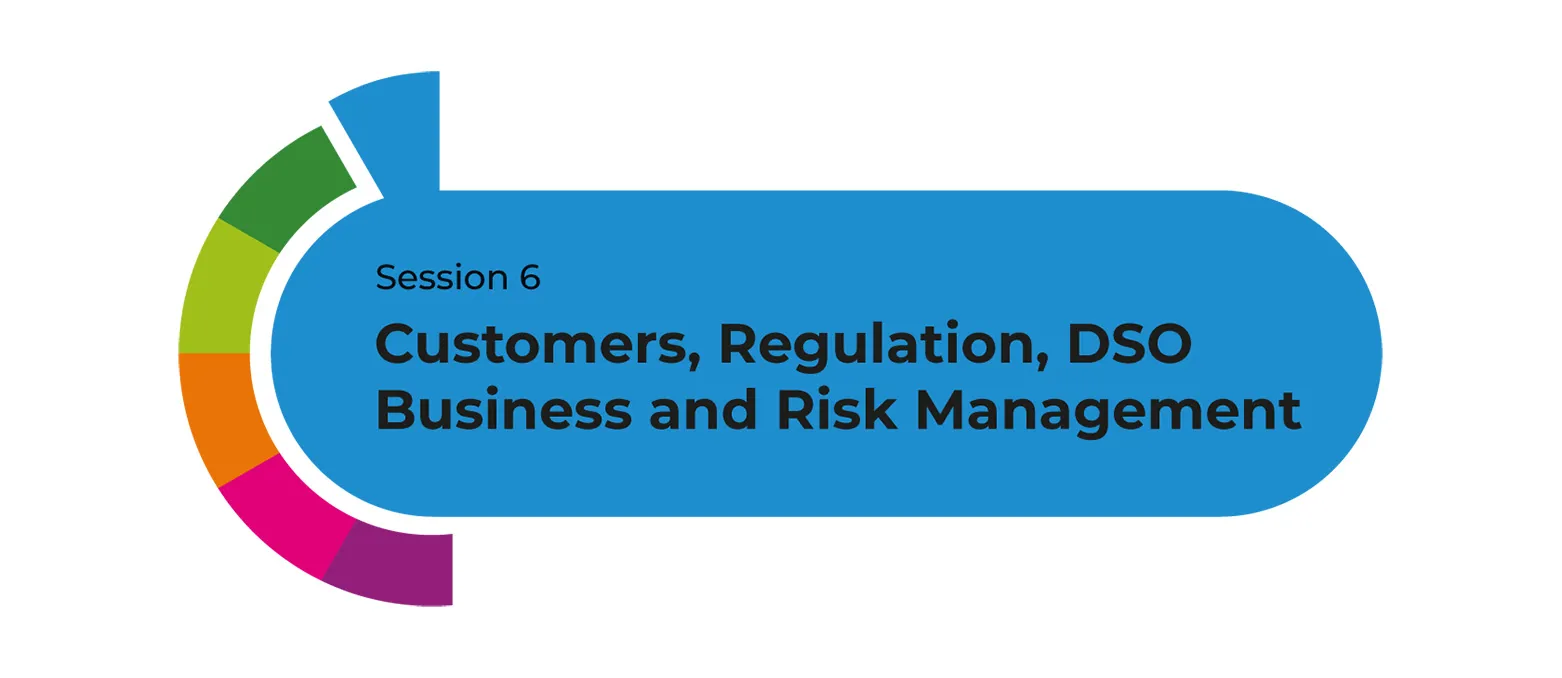
SESSION 6: Customers, Regulation, DSO Business and Risk Management
- Policy, regulation, integrated energy systems and DSO roles
- Customer interaction, energy sharing, e-mobility and flexibility
- DSO business risk management
- Digitalisation, AI, business processes and cyber-security.
